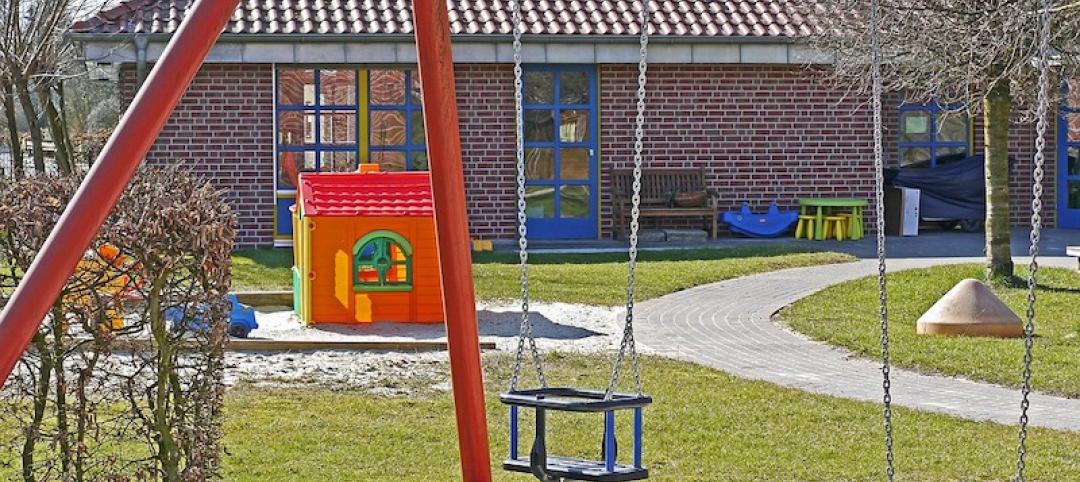A new report by the Union of Concerned Scientists (UCS) pinpoints portions of the U.S. at greatest risk of declining residential and commercial property values, and diminished city and county tax revenue due to flooding attributed to sea level rise.
The areas impacted face worse high tide flooding due to the effects of climate change, UCS says. The findings are the result of peer-reviewed analysis that used ZIP-code-by-ZIP-code data from Zillow Property Data.
The states found to be most at risk of flooding from rising seas are: Delaware, Georgia, Louisiana, Maryland, Massachusetts, New Jersey, New York, North Carolina, South Carolina, Texas, and Virginia. As much as 70% of some municipalities’ property tax bases could be at risk.
The analysis also provides risk assessment according to:
— Number of homes and commercial properties (by state and zip code).
— Current values of properties.
— The amount of money the properties contribute in annual property taxes, which fund schools, roads, and emergency services.
— How many properties could be spared if warming is limited to below 2 degrees Celsius.
— Near- and long-term impact projections, including within the next 30 years.
— Identification of areas where coastal property owners might experience recurring flooding so severe it limits their ability to live or work in these properties.
Related Stories
Codes and Standards | May 23, 2019
Austin creates innovative plan to boost affordable housing
Approach includes loosened zoning, incentives for higher density in lower-cost and mixed-income developments.
Codes and Standards | May 20, 2019
Effort launched to develop better process for zero-carbon retrofits in multifamily sector
Rocky Mountain Institute, Dept. of Energy, California Energy Commission join forces.
Codes and Standards | May 20, 2019
Property lenders shouldn’t invest for 30 years in most of Florida, expert warns
Climate ignorance driving some ‘insane’ deals.
Codes and Standards | May 17, 2019
NIMBYism is the biggest multifamily construction barrier
National Apartment Assn. report assesses reasons for difficulty in creating more apartments.
Codes and Standards | May 17, 2019
Dept. of Energy to award up to $33.5 million for advanced construction R&D
Focus is on techniques to reduce energy bills.
Codes and Standards | May 16, 2019
Mixed reviews on targeted tax break for San Francisco neighborhood
“Twitter tax break” may have worsened some of the area’s problems.
Codes and Standards | May 15, 2019
OSHA inspections to increase, says Secretary of Labor
Newly hired inspectors getting up to speed.
Codes and Standards | May 14, 2019
Database records more than 1,360 K-12 school shooting incidents since 1970
Naval Postgraduate School program maps locations nationwide.
Codes and Standards | May 13, 2019
In many cities, downtown housing comes with a hefty premium
Urban core living costs hundreds of thousands more in largest U.S. cities.
Codes and Standards | May 7, 2019
San Francisco plan would require largest commercial buildings to use 100% renewable electricity
First in the U.S. mandate would be phased in from 2022 to 2030.

















